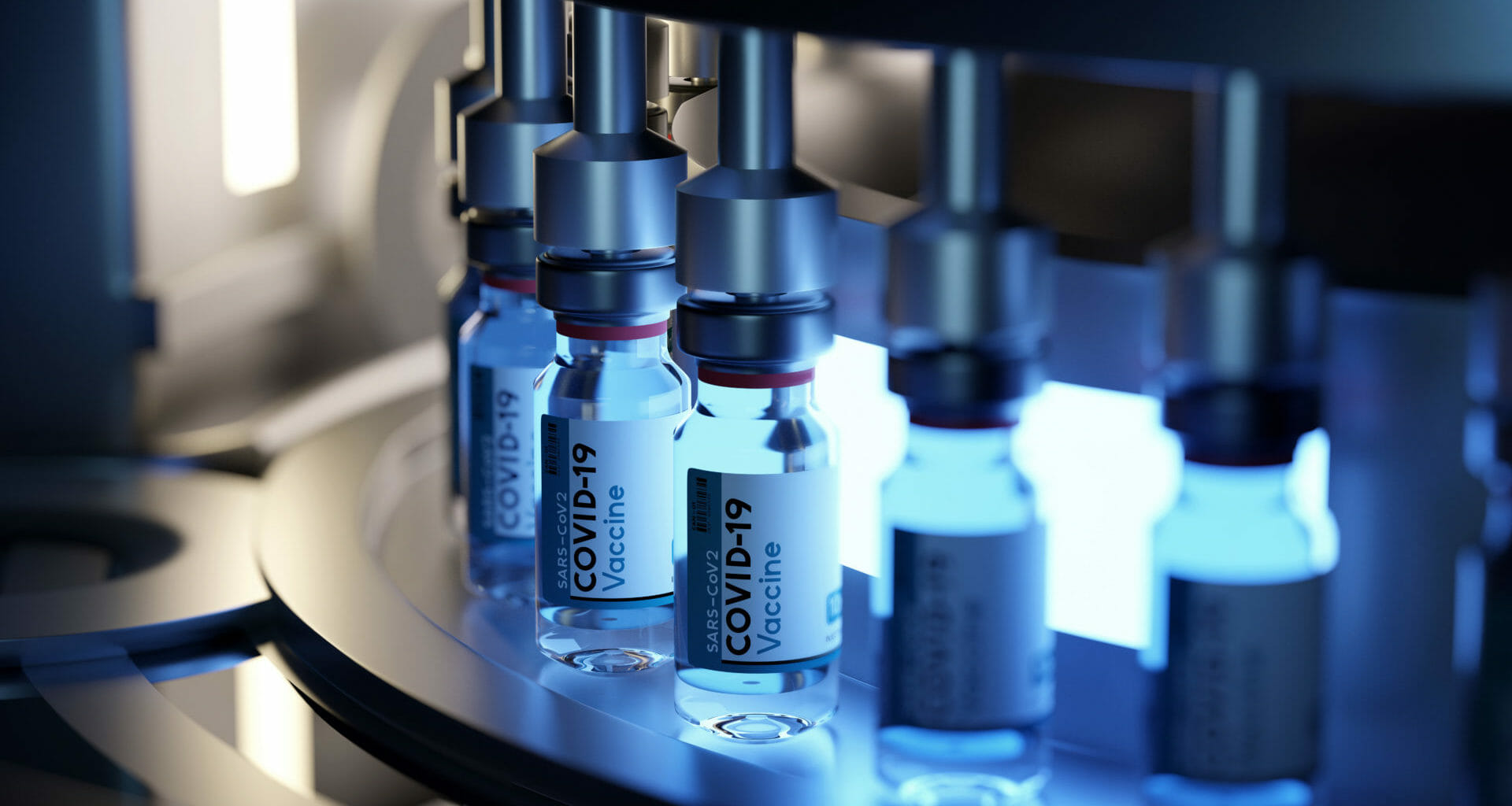Opposition to Covid-19 vaccines continues across the globe, with some groups protesting regularly against government policies and restrictions regarding the unvaccinated.
In the US, anti-vaccine influencers have repeatedly cited data from Scotland as evidence against the efficacy and safety of Covid-19 vaccinations.
A recent article in Blaze media claimed that Scottish data showed the “negative efficacy” of the vaccine.
It said: “Scottish data shows that the Covid-19 age-standardized case rate is highest among the two-dose vaccinated and lowest among unvaccinated! It further shows this trend of negative efficacy for the double-vaccinated persisting for hospitalizations and deaths.”
Scottish data shows that the Covid-19 age-standardized case rate is highest among the two-dose vaccinated and lowest among unvaccinated! It further shows this trend of negative efficacy for the double-vaccinated persisting for hospitalizations and deaths.
Blaze Media
Ferret Fact Service looked into these claims and found them False.

Evidence
The article – entitled ‘The very concerning data from Scotland’ – states that Scottish data shows that the “age-standardized case rate is highest among the two-dose vaccinated and lowest among unvaccinated”.
This means the article is claiming that more vaccinated people per 100,000 are getting Covid-19 than those who are unvaccinated. Age standardisation is a method of weighting so we can compare populations with different age profiles.
Similar claims have been made in a number of other articles and social media posts.
According to the Public Health Scotland (PHS) statistics looking at Covid-19 case rates between 8 and 14 January 2022, the age-standardised positive Covid-19 test rate for unvaccinated people was 423.87. This compares to an 885.69 rate for those with two doses.
This, according to the article by Blaze, shows a trend of “negative efficacy” of Covid-19 vaccinations. This is not accurate.
The term “efficacy” refers to how well something performs in ideal and controlled conditions. This is different to effectiveness, which is the real world performance of a health intervention such as a vaccine.
What the article is actually looking at is vaccine effectiveness. For a vaccine to be “negatively effective”, as the article claims, it would have to have to increase the risk of Covid-19, rather than reduce it.
The Blaze article says that the PHS data shows that the vaccine is negatively affecting the Covid-19 outcomes of those who have received it.
However, comparisons between unvaccinated and vaccinated groups using the PHS data are not as easy as one might expect. There are more differences between the groups other than simply their vaccination status, and the report itself says comparing the two groups should not be used to rate the effectiveness of the vaccine.
The UK Health Security Agency has laid out a few examples of this:
- People who are fully vaccinated may be more likely to get tested, which means they are likely to appear in positive case data.
- Those who were vaccinated first were those at the biggest risk from Covid-19 because of their age, job or health conditions, so even with an effective vaccine, a proportion of these people will still end up with significant Covid-19 symptoms.
- People who haven’t been vaccinated are more likely to have caught Covid-19 already, giving them a measure of natural immunity to the virus.
- Vaccinated and unvaccinated people may behave in different ways, and put themselves at different levels of risk of infection.
In addition to this, it is difficult to know exactly how many people are unvaccinated in Scotland. There is evidence to suggest the number of unvaccinated people with the virus has been undercounted, and the proportion of the population not vaccinated has been overcounted. This would mean the actual rates of infection among unvaccinated people could be higher than the PHS data shows.
Multiple studies have looked at vaccine effectiveness, including some in Scotland, and they have shown that vaccination is effective against Covid-19, including the Omicron variant. This is particularly effective when paired with a booster jab.
Ferret Fact Service verdict: False
The Blaze media article claiming Scottish data shows “negative vaccine efficacy” is not accurate. While the article uses legitimate data from Public Health Scotland, the statistics cannot be used to get an accurate picture of how effective the vaccine is because of the differences in behaviour and makeup of the vaccinated and unvaccinated populations. There is no evidence that vaccines make Covid-19 more severe.

Ferret Fact Service (FFS) is a non-partisan fact checker, and signatory to the International Fact-Checking Network fact-checkers’ code of principles.
All the sources used in our checks are publicly available and the FFS fact-checking methodology can be viewed here.
Want to suggest a fact check?
Email us at factcheck@theferret.scot or join our Facebook group.
Photo Credit: iStock/Solarseven














